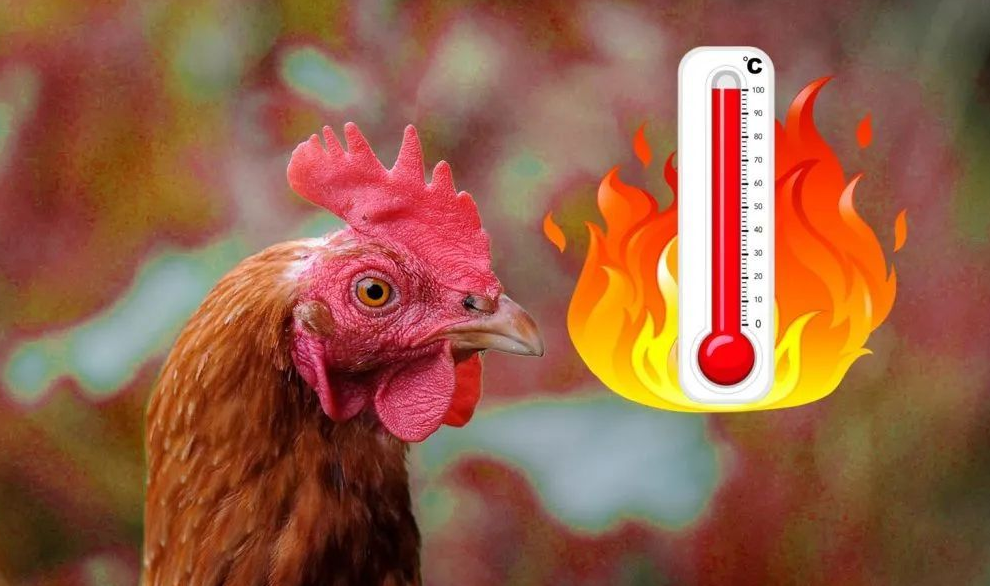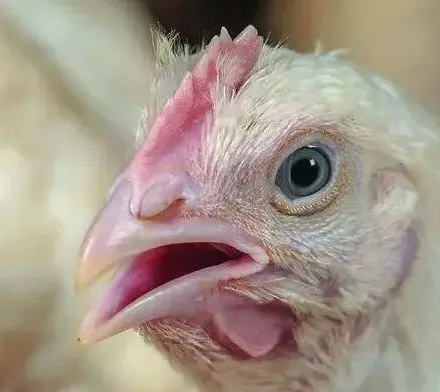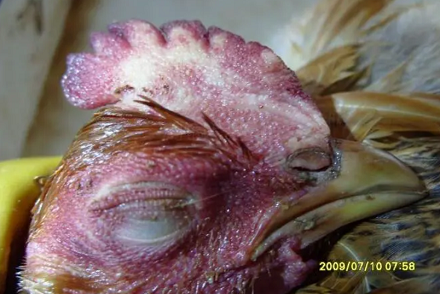Symptoms of heat stress in laying hens:
1.Panting and shortness of breath:
Laying hens will open their beaks and breathe rapidly to dissipate body heat and lower their body temperature through panting.
2.The crown and beard turn pale:
Since the combs and beards are skin in direct contact with the air, excess body heat can escape through them, causing them to become pale. Keeping the comb and gizzards cool helps the chicken regulate its body temperature.
3.Wings spread, feathers erect:
When laying hens feel hot, they spread their wings and erect their feathers in the hope that the moving wind will take away some of their body heat.
4.Reduced activity:
Laying hens will be less active in hot weather and often won’t move around, but this doesn’t necessarily mean lethargy.
5.Diet and egg production changes:
Laying hens will stop eating and drink more water. Egg production may also be reduced because the egg laying process also generates extra heat.
6.Drooping head and drowsiness:
Laying hens that have suffered from heatstroke will appear very lethargic, lethargic, or even lie down motionless.
Symptoms of heat stress in broiler chickens:
1.Panting and shortness of breath:
Broilers can also pant and breathe rapidly, similar to laying hens.
2.Reduced activity:
Broiler chickens also reduce activity in hot weather and seek shady areas.
3.Diet and growth affected:
Broilers may have reduced feed conversion and slower growth.
4.Drooping head and drowsiness:
Broiler chickens can also show symptoms of heatstroke, with droopy heads and appearing tired.
These symptoms may vary depending on chicken breed, environment and other factors
As a poultry farming expert, provide you with detailed information on how to control heat stress in poultry
1. Provide ventilation:
Make sure the bird habitat has good ventilation. Airflow is critical to removing heat from the bird’s body. A proper ventilation system can help lower the bird’s body temperature and reduce heat stress.
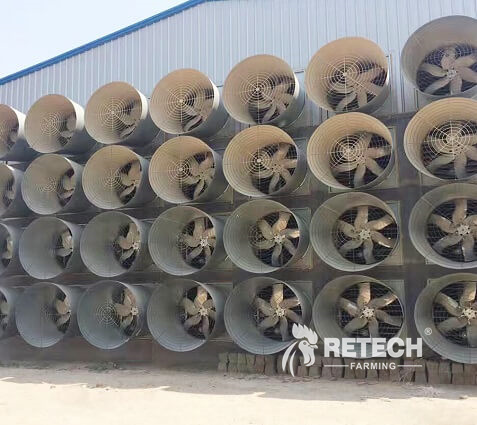
2. Feed properly:
Birds are usually hungriest in the morning. Therefore, stop feeding within 6 hours before the temperature peaks in the afternoon to reduce the amount of heat generated in their bodies. Also, make sure the quality and type of feed is suitable for the bird’s needs.
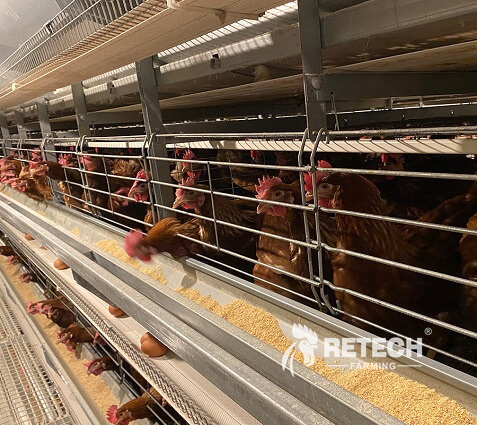
3.Manage water sources:
During heat stress, birds’ water consumption increases by 2 to 4 times their normal intake. Please check your water pipes regularly to ensure the water is clean and cool to meet the needs of your birds.

4. Use electrolyte supplements:
Heat stress can cause severe loss of minerals, including sodium, potassium, phosphorus, magnesium and zinc. Provide appropriate electrolyte supplements to help maintain your bird’s electrolyte balance.
5. Provide sodium bicarbonate:
Sodium bicarbonate is useful for egg production in hens. It regulates the bird’s acid-base balance and helps cope with heat stress.
6. Supplement vitamins:
Vitamins A, D, E and B complex are essential for the health of broiler chickens. In addition, vitamin C has a positive effect on the warmth temperature, egg production and eggshell quality of laying hens.
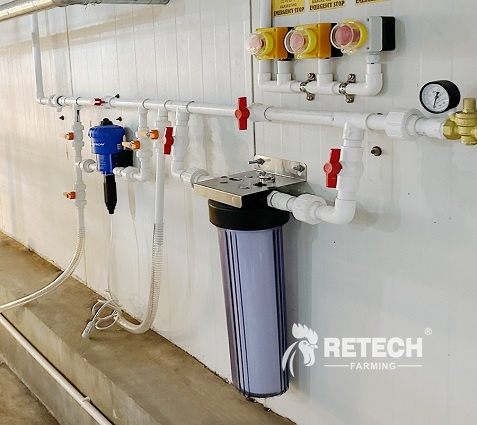
Please note that these recommendations are intended to help you effectively manage heat stress in your poultry, but the specifics may vary depending on the bird’s species, environment and other factors. Monitor the health of your birds regularly and make adjustments as needed.
Post time: Mar-22-2024


